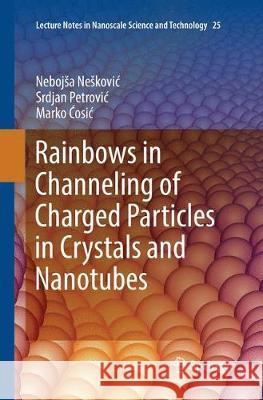Rainbows in Channeling of Charged Particles in Crystals and Nanotubes » książka
topmenu
Rainbows in Channeling of Charged Particles in Crystals and Nanotubes
ISBN-13: 9783319871011 / Angielski / Miękka / 2018 / 194 str.
Kategorie:
Kategorie BISAC:
Wydawca:
Springer
Seria wydawnicza:
Język:
Angielski
ISBN-13:
9783319871011
Rok wydania:
2018
Wydanie:
Softcover Repri
Ilość stron:
194
Oprawa:
Miękka
Wolumenów:
01











